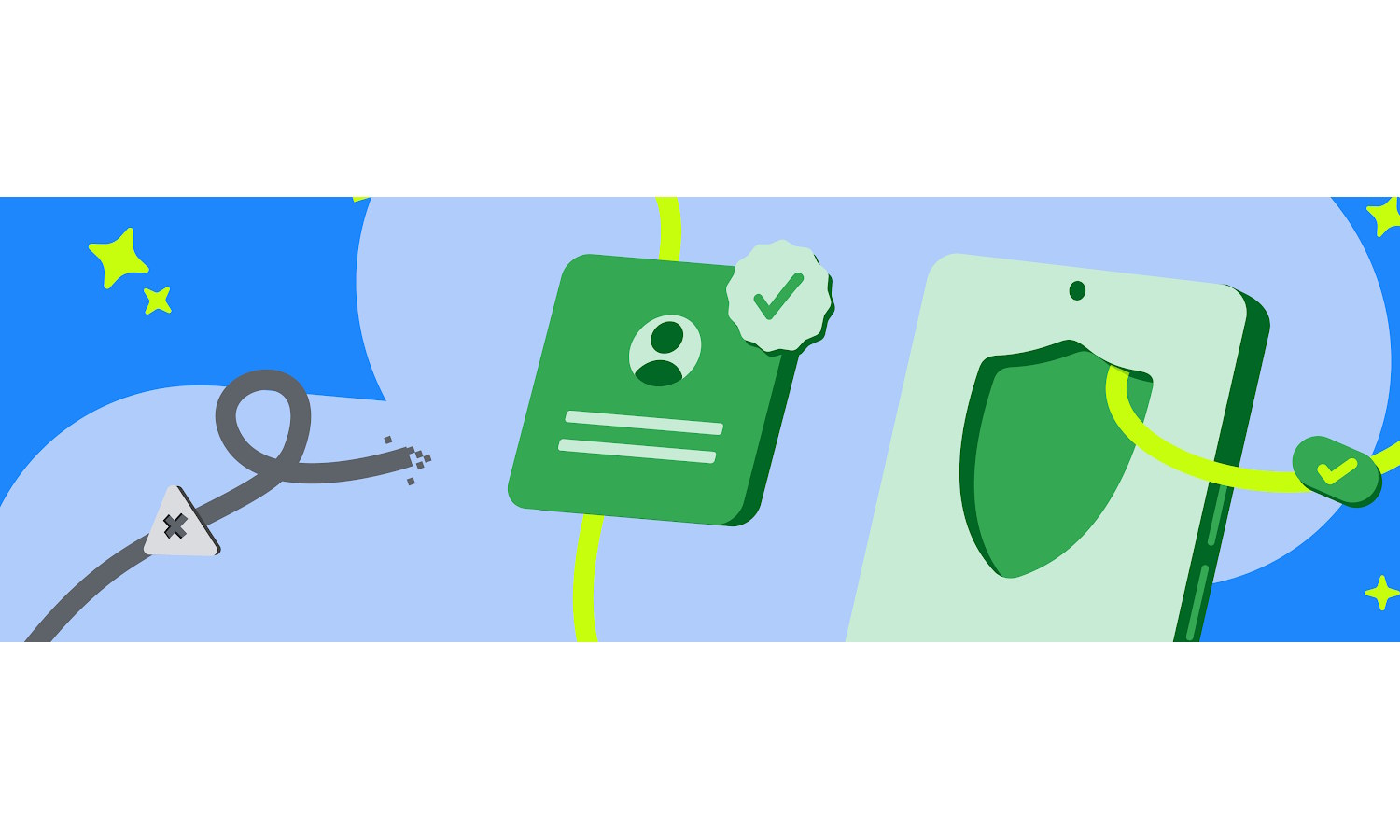
Google to use Android developer verification to allow safe app sideloading
Like Apple, Google has gradually made it more difficult to install apps from outside its own store. But the company is aware that neither users nor developers necessarily want to be tied to just the Play Store – this is why it has come up with the Android developer verification program.
The idea is that Google will check and verify developers so the users know they can be trusted. Now the company has an update based on early feedback it has received.
Google will now warn about battery-hungry Android apps
There are many things to consider when installing apps, particularly if there are several similar titles vying for attention. As well as things like range of features, looks and performance speed, power usage is also important to users – and Google agrees.
The company is looking to help improve the overall experience for Android users by warning about apps which can be a drain on a device’s battery. More than this, Google is working to help developers to create apps which are more power-efficient.
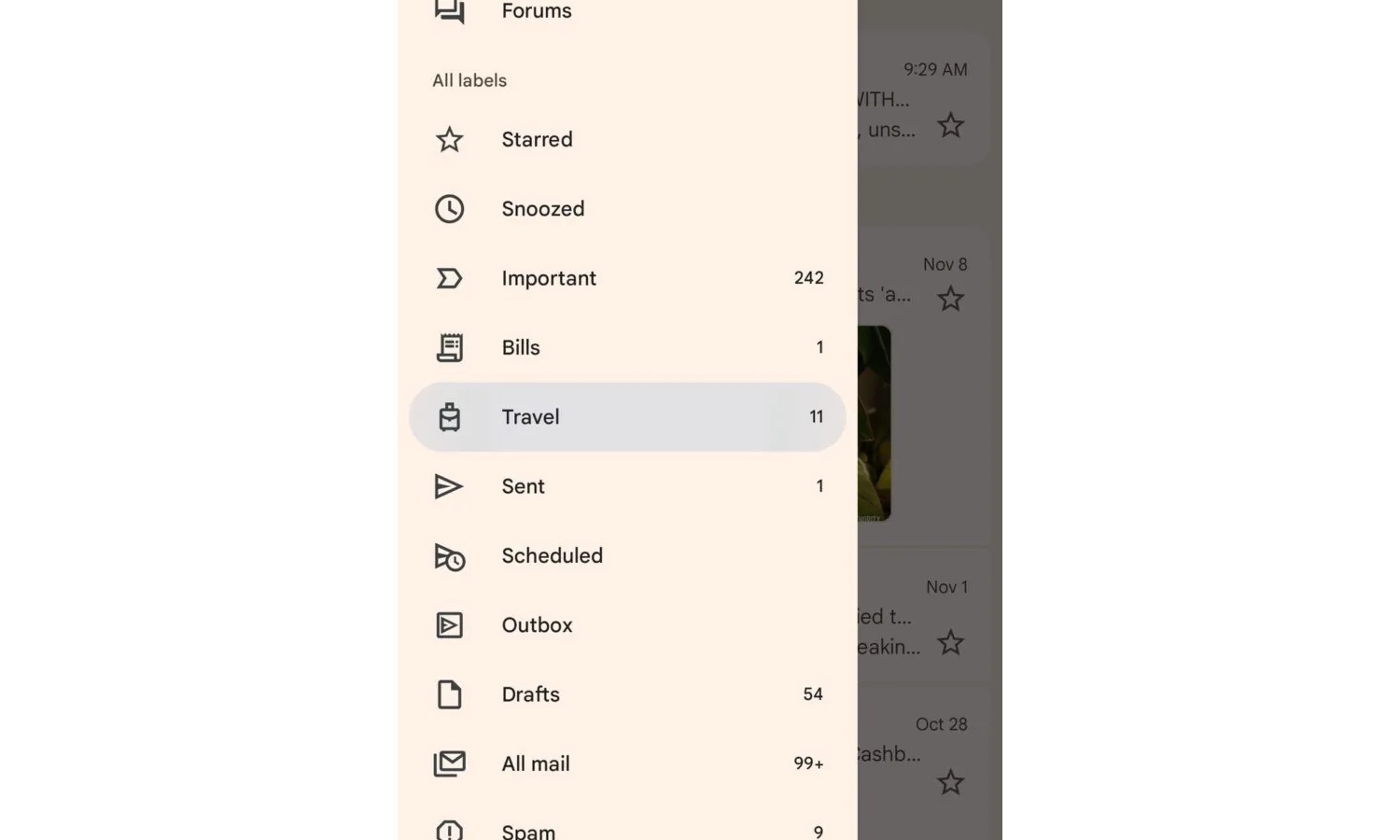
Google is enhancing Gmail with new organizational labels
For anyone embedded in the Google ecosystem, Gmail is indispensable. The search giant’s email tool has an extraordinarily large userbase, and Google continues to find new ways to make it more useful. The focus of so much of the company’s efforts have been AI-related in recent times, so it is refreshing to see that other options have not been completely abandoned.
With email communication now the default for pretty much everything, it is little wonder that inboxes are chaotic explosions. And it is with a simple change that Google is looking to make it easier to manage your emails with as little effort as possible.
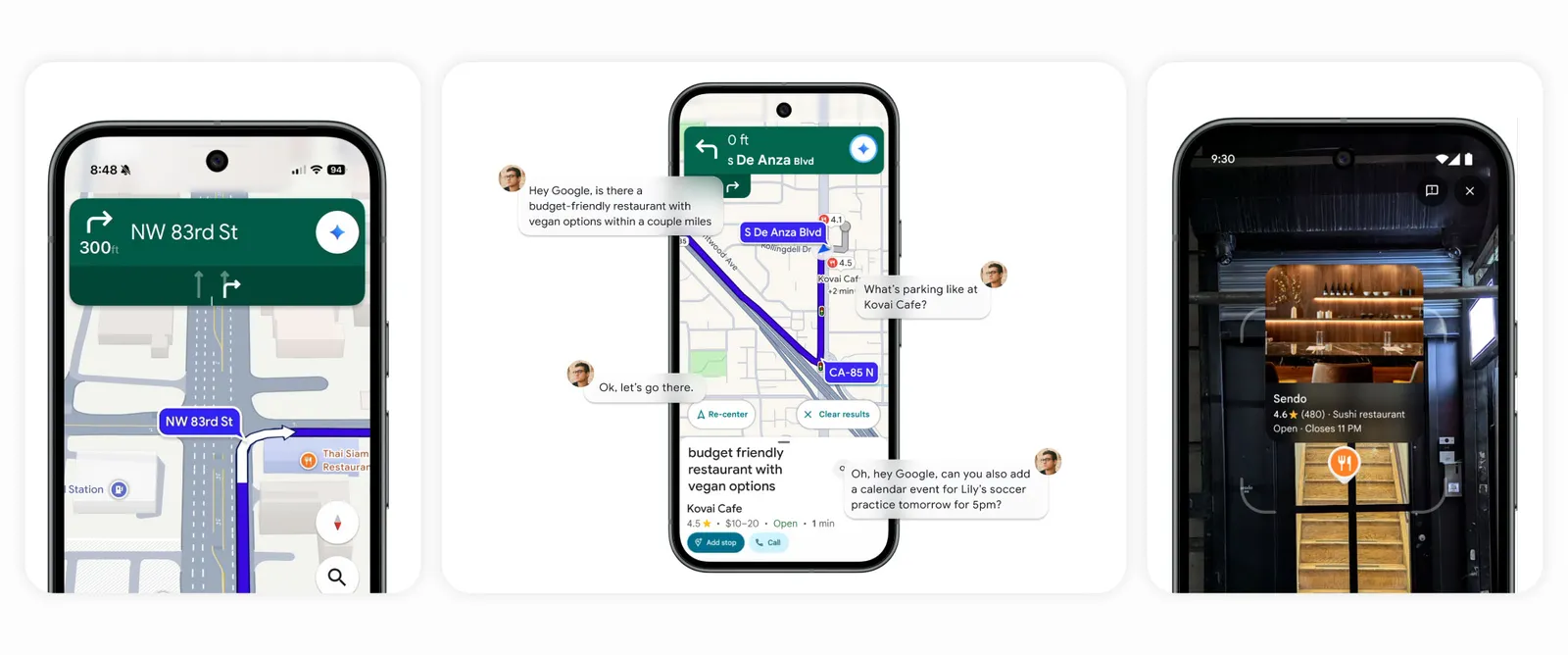
Google Maps to receive AI upgrade powered by Gemini
Google Maps is to receive an AI upgrade powered by the tech giant’s Gemini. This will add a conversational, hands-free experience to the app that is intended to make navigation smarter and less distracting.
It represents yet another step in Google’s ongoing integration of the generative model into its most widely used products. The firm added AI smarts to Google Earth not so long ago.
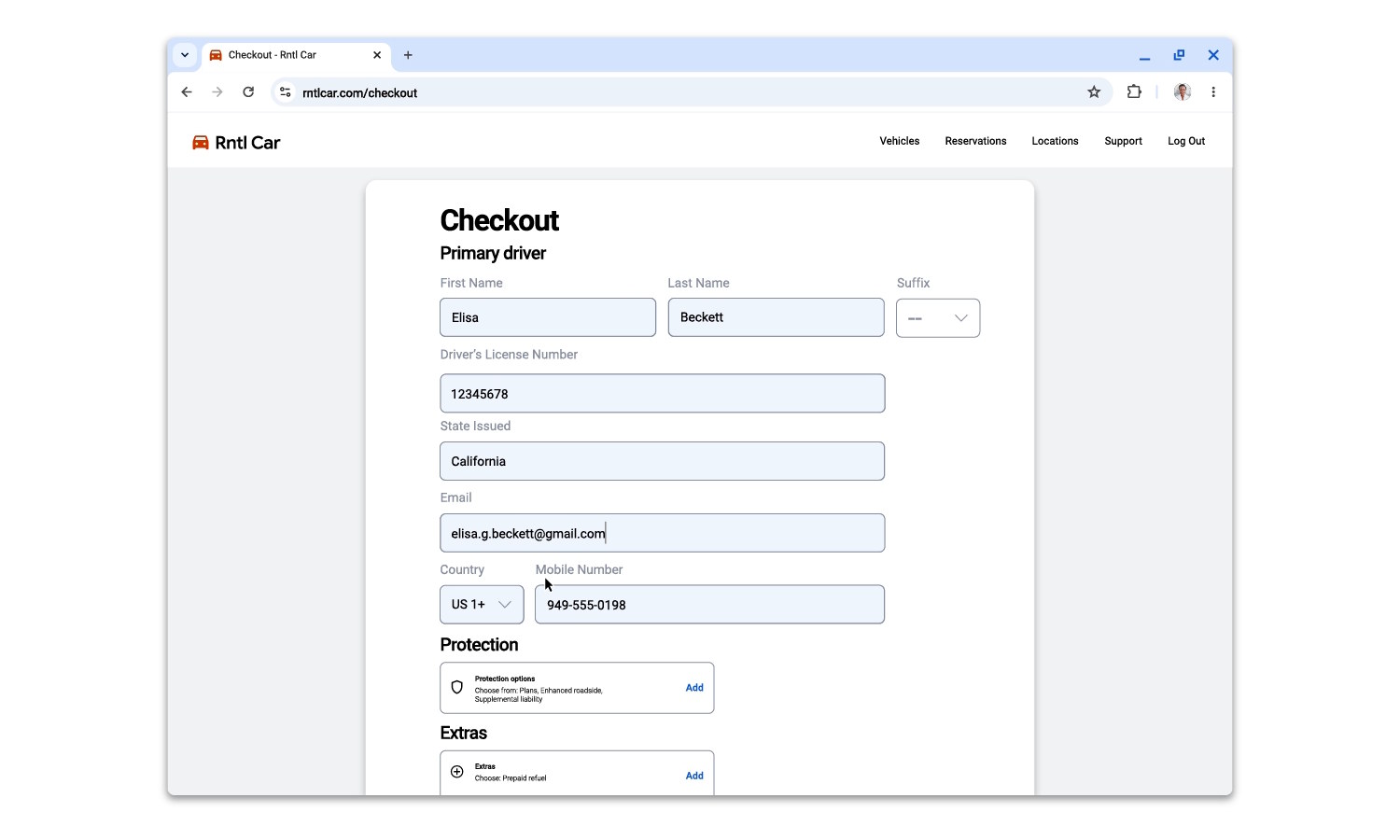
Google Chrome can now fill in passport and driving license details and more
Google has, over the years, added a lot of time-saving features to Chrome. Chief among these are the autofill features which can make light work of filling in forms by automatically entering frequently used snippets of data such as names and addresses.
When it comes to shopping, Chrome can also enter your credit card details for you, so you do not have to keep tracking down the physical card. Now Google has announced new time-saving functions.
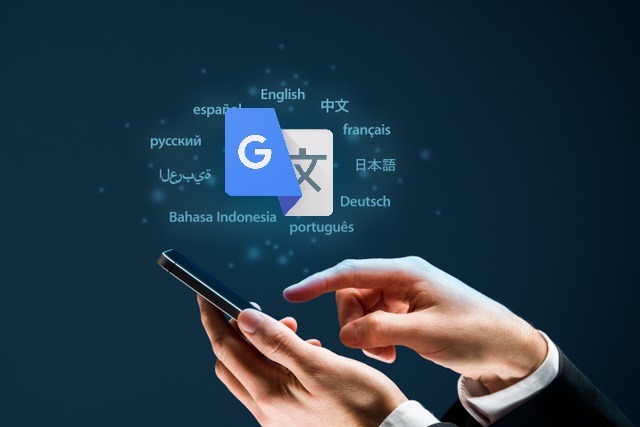
Google Translate is giving users a speed vs accuracy option thanks to Gemini
For business travelers, holidaymakers and many other people, Google Translate is an essential tool. Making it possible to understand and be understood in other countries and other languages, Google Translate is now gaining a new AI-powered feature.
You would imagine that when it comes to translating text between languages, accuracy would be what most people – if not everyone – would be most interested in. But with the latest Gemini-focused update, Google is giving users the option to choose between a fast translation and a more accurate one.
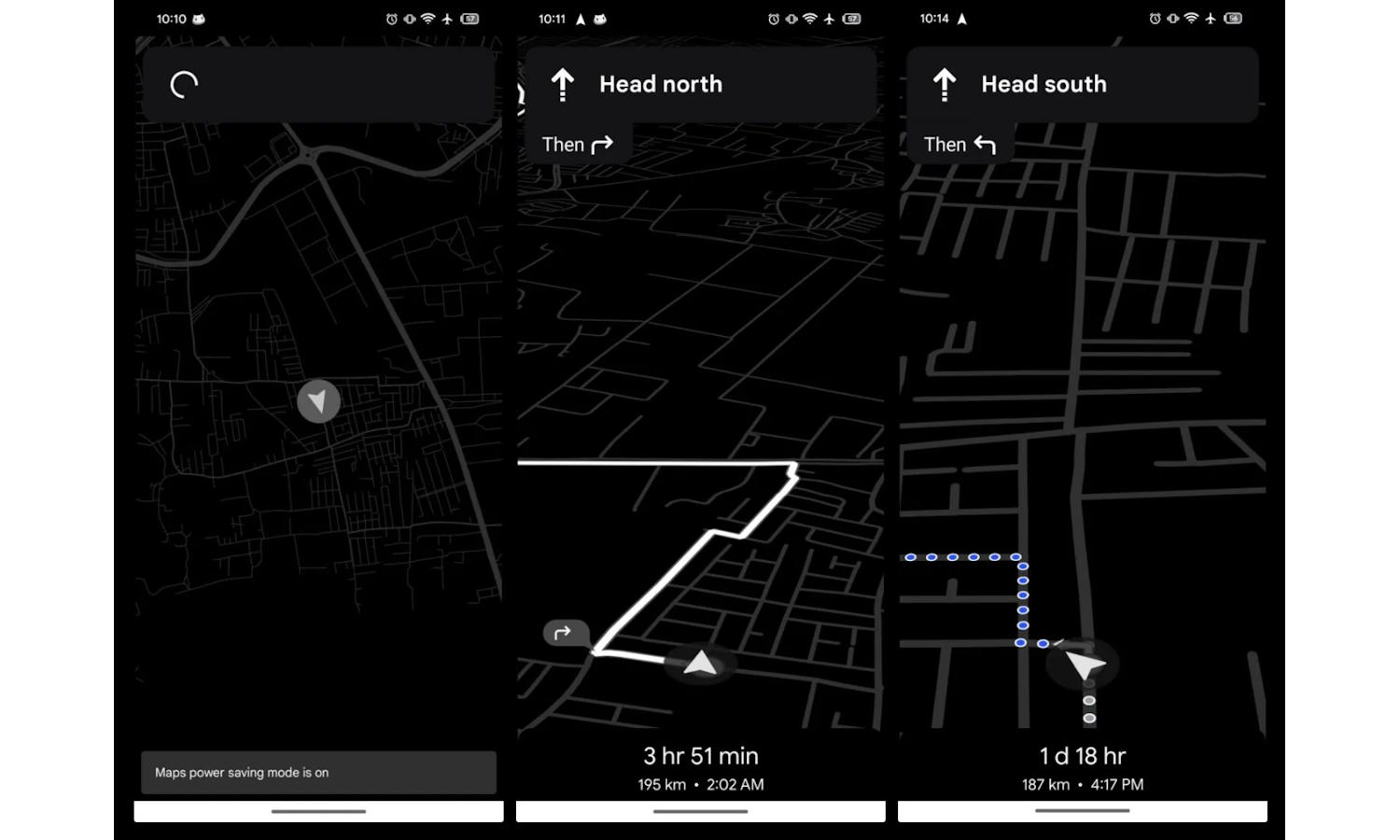
Google Maps could soon have a helpful power-saving mode
Millions of us rely on Google Maps to get us from A to B; it would be fair to call it an indispensable tool for its users. If you have ever turned to the navigation app, you will almost certainly have noticed that it is something of a battery killer.
Now Google is looking to do something about this, according to a new report. A new power-saving mode is in the works that will maximize battery life when navigating. Why is the change so important, though?
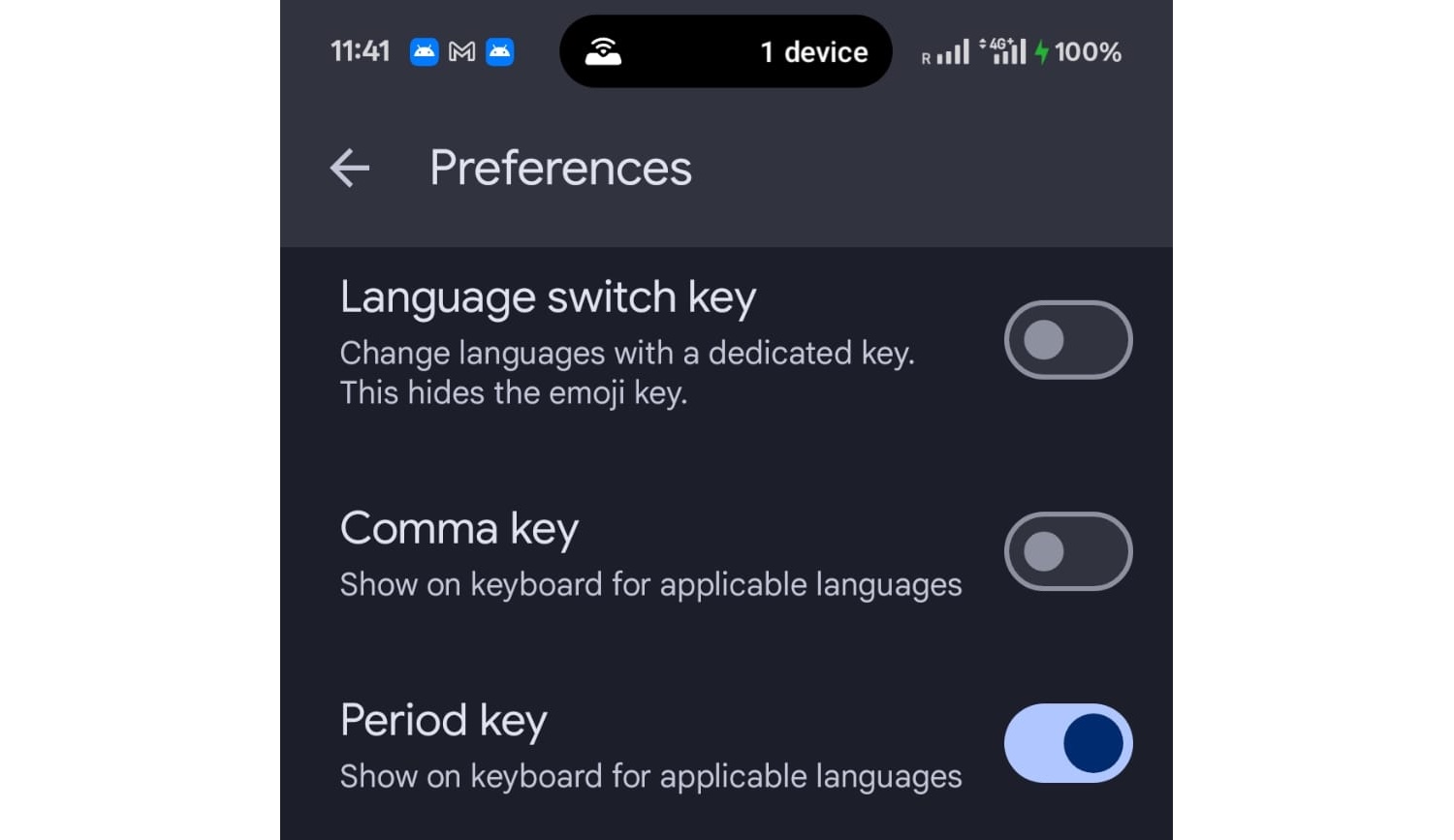
Google updates Gboard with ability to hide comma and period keys
Android users have a message range of keyboards to choose from, Gboard among them. The beauty of the level of choice is the selection of options and degree of personalization that is made possible.
And it is with personalization in mind that Google has updated Gboard, introducing the option to hide the period and comma keys.

YouTube can now limit how long you spend watching Shorts
There are countless ways to waste time online, and scrolling your way through a never-ending selection of Shorts on YouTube is one of them. If you are someone who has found you have lost hours to the content served up by the platform, there is some good news.
A new digital well-being tool is starting to roll out that lets users set a time limit for the daily viewing of YouTube Shorts. While far from perfect, it may prove helpful for anyone who tends to lose track of time.
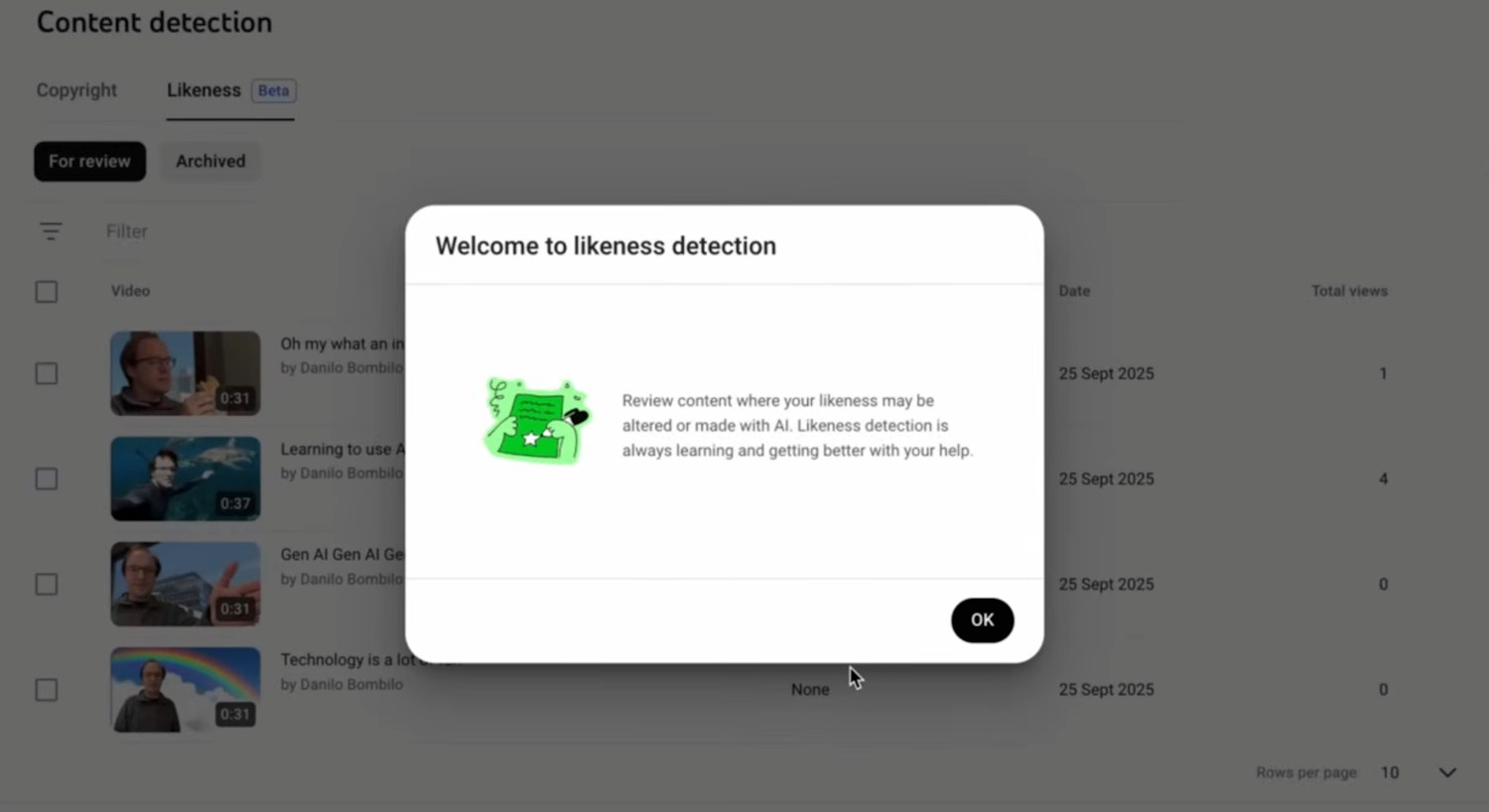
YouTube is fighting deepfakes with new Likeness Detection tool
In an age of fragmented news, deepfakes present a real problem. YouTube is taking action to stop AI-generated videos being used to impersonate people.
The company has revealed details of its new Likeness Detection tool. For now, YouTube is targeting creators, giving them access to the tool – not only because creators are among those likely to be deepfaked, but also because the company will be hoping to be able to use their influence to hype up Likeness Detection.
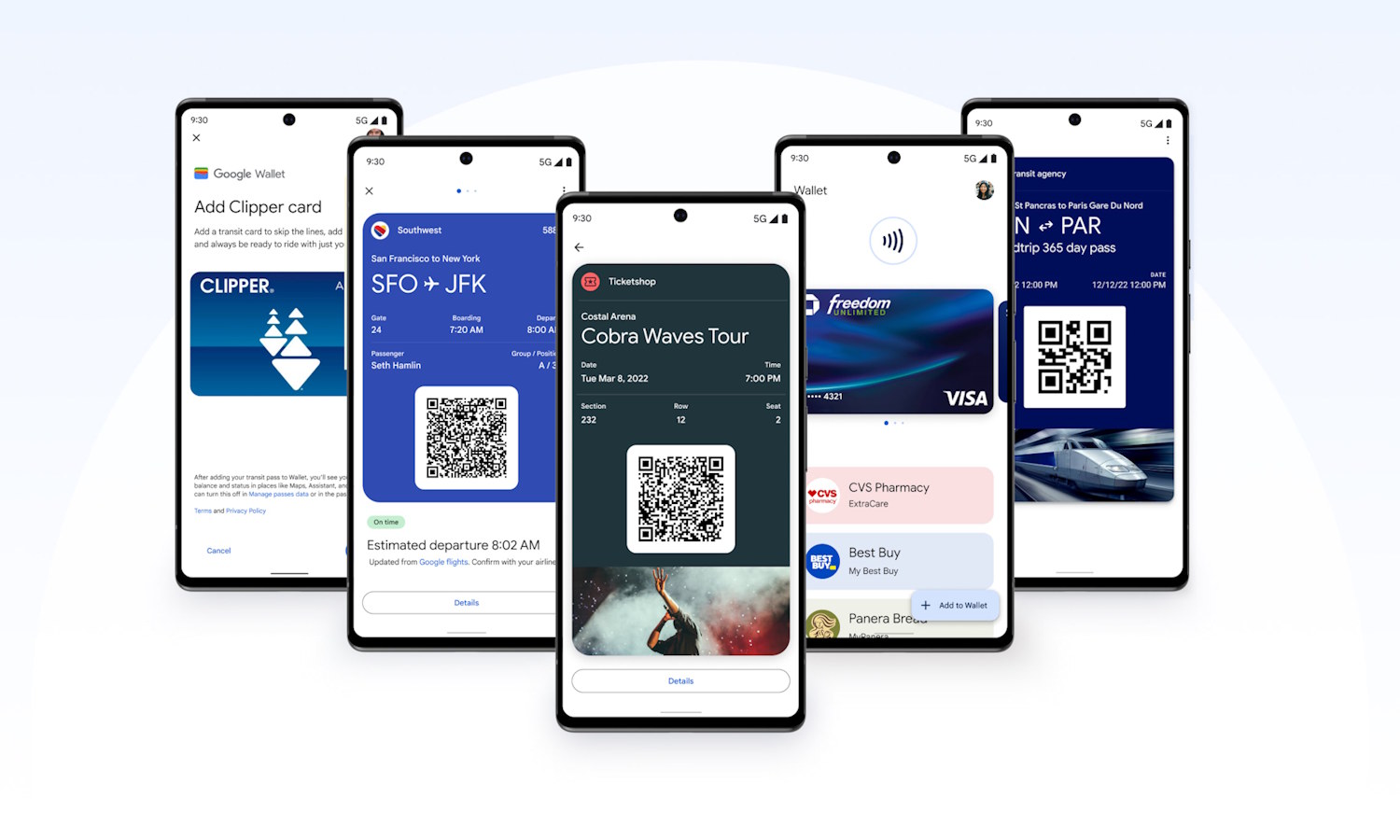
Google Wallet is getting a Live Updates feature for your tickets
Once you have embraced Google Wallet, it is hard to imagine living without it to help manage payment cards, tickets, loyalty cards and more. Thanks to a feature of Android 16, Google Wallet is gaining a handy Live Updates feature.
The addition comes as part of Google Wallet taking on the Material 3 Expressive redesign which also affects the likes of Google Maps. So just what can you expect from this change?
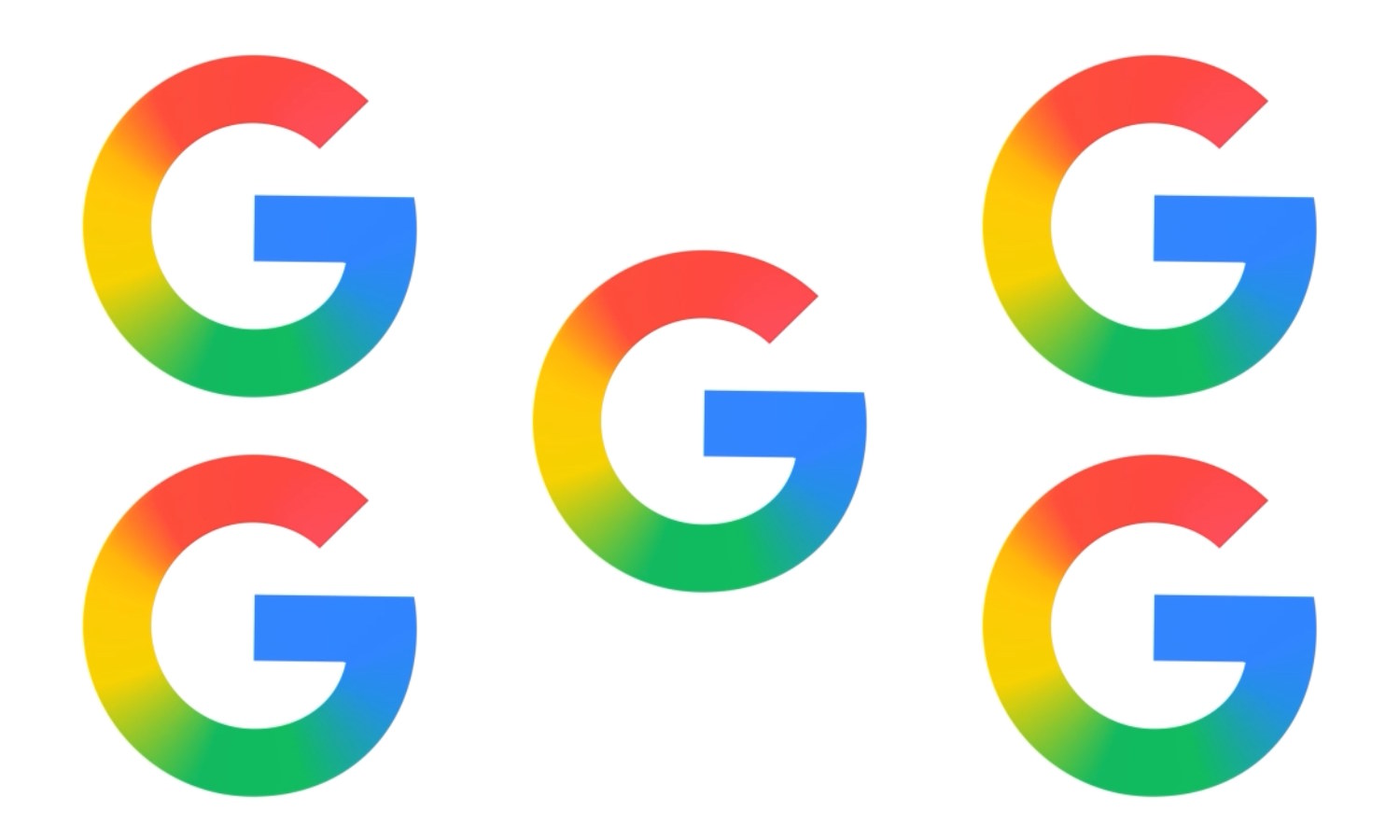
Google is retiring Privacy Sandbox
Privacy Sandbox was Google’s vision for replacing third-party cookies, but now the company is giving up and moving on from the idea. First launched six years ago, Privacy Sandbox suffered with low-adoption, and Google has gradually snuffed out various technologies relating to the system. Now it has taken things further.
Google says that “after evaluating ecosystem feedback about their expected value and in light of their low levels of adoption”, it has taken the decision to retire more Privacy Sandbox technologies. But this does not really paint a true picture of what is happening.
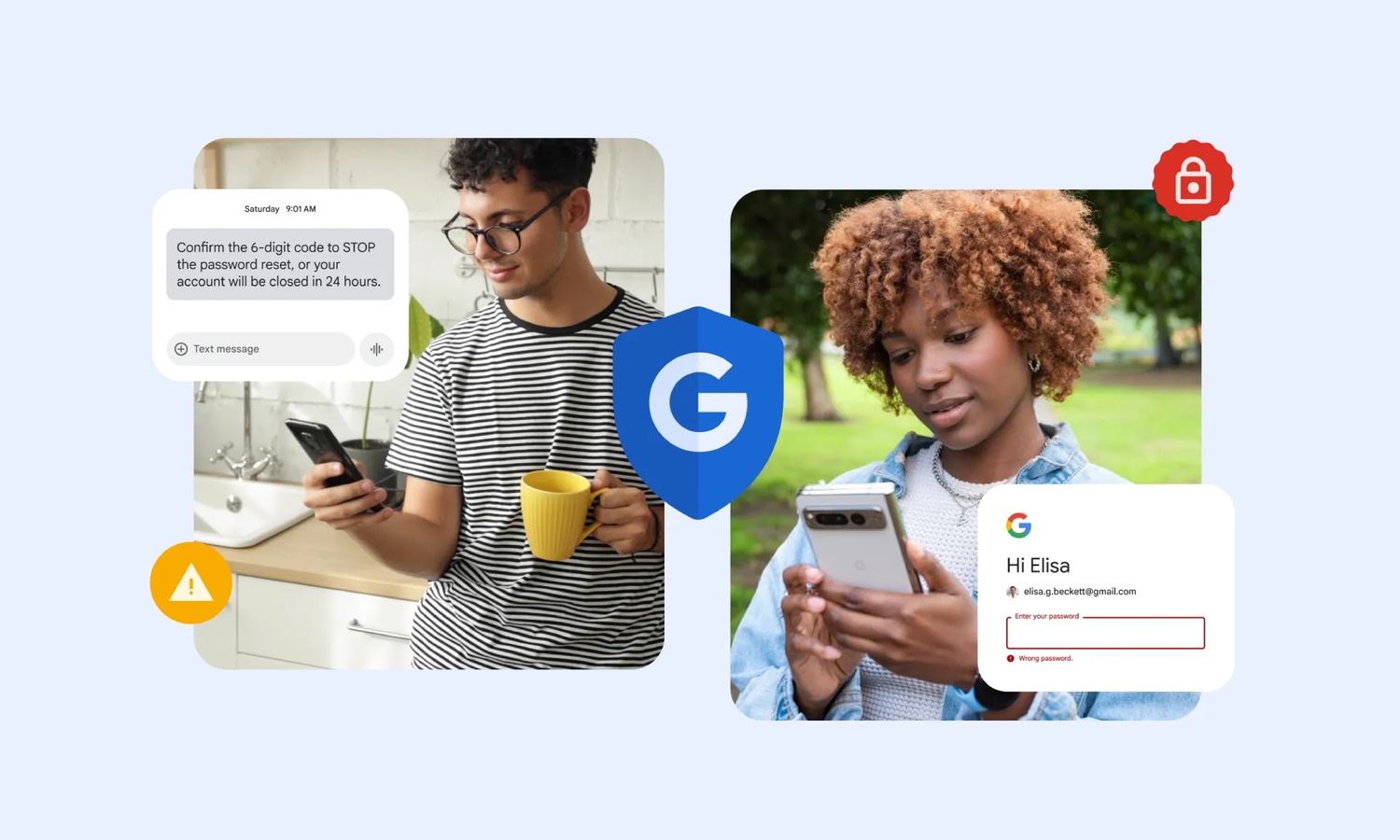
Forgotten your Google Account password? There are new recovery tools you can use
Getting locked out of an account because of a forgotten password can be a very troubling experience – and it is something that always seems to happen at the most stressful and inconvenient moments imaginable.
To help with this, Google has just announced a series of security related tools, including new account recovery options. Among these is the ability to create recovery contacts so you can “phone a friend” if you get locked out.
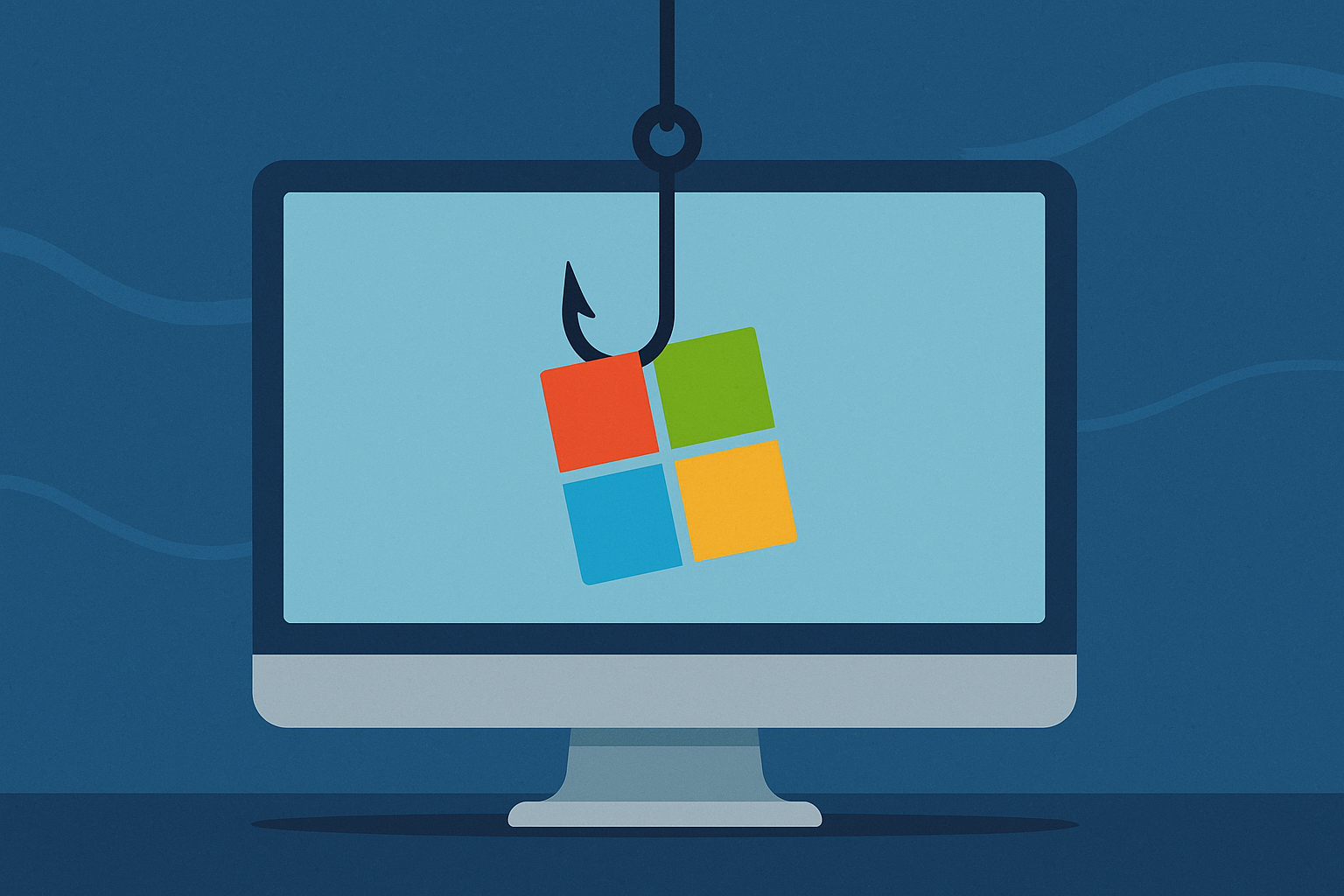
Microsoft remains the most imitated brand in phishing scams
Microsoft was the most impersonated brand in worldwide phishing attacks during the third quarter of 2025. 40 percent of such attempts used the company’s name, according to Check Point Research’s Brand Phishing Report for Q3.
Google took the second spot with 9 percent of global phishing activity, while Apple was third with 6 percent. Together, those three names accounted for more than half of all brand impersonation attempts in the period.

Google steps up the fight against scams with new tools and more education
Scams and fraud are an ever present threat on the internet and the rise of AI means that they’re getting harder to spot with the old giveaways of bad grammar and dodgy attachments largely eliminated.
Google is announcing a range of new tools and initiatives to help people remain safe online. These include improved app features, new account recovery tools and better education and awareness programs.
